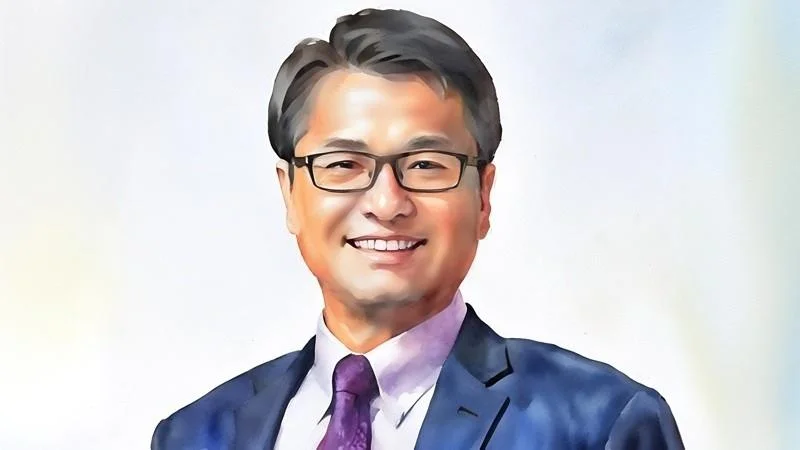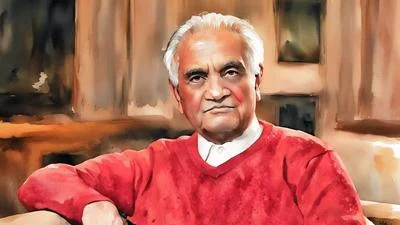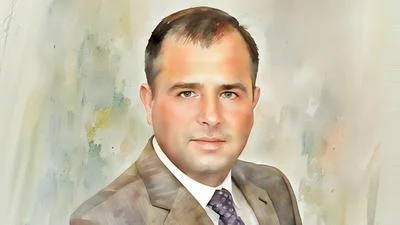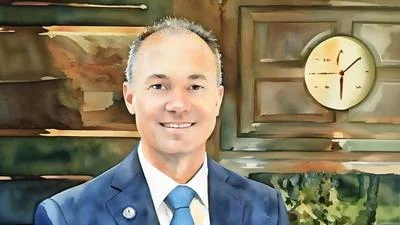The U.S. and China are competing in nearly every facet of the global economy. This especially includes the emerging field of AI. Economist and technologist Weifeng Zhong, who was raised in China and works to advance US policy in Washington, DC, believes America’s free speech culture will help it win the long game.
Zhong, a senior advisor at the America First Policy Institute (AFPI), grew up in China, studied at the University of Hong Kong, and later earned a doctorate in Managerial Economics and Strategy at Northwestern University before working as a scholar at the American Enterprise Institute and the Mercatus Center. He co-created the open-source Policy Change Index, which uses AI to analyze and predict governments’ actions based on official rhetoric. Today, he helps run AFPI’s Office for Fiscal and Regulatory Analysis (OFRA).
He is positioned well to compare the approaches by China, Hong Kong, and the U.S. to speech and academic integrity. “Freedom in Hong Kong is kind of limited, and it takes coming to the U.S. to realize freedom here is kind of limited too, which is why we need to keep fighting,” Zhong says.
His awareness of how much China stifles free speech and freedom of thought was made stark by the Tiananmen Square massacre. “I realized how much of a lie I was living in China,” he says. “You actually need to leave China to understand China better.”
In the U.S., he applies a method. “If I am the CCP and have a powerful machine to control thoughts, I choose words very carefully,” which means, he says, “we should watch the words very intently and infer the thinking behind them.” This explains his logic behind the Policy Change Index.
Zhong sees a type of censorship in the West. “We have a very severe level of self-censorship in this country,” he says. “Professors choose not to speak their minds because they do not want trouble.” He wonders, “what difference is there between you preventing yourself from talking and the government preventing you from talking?”
Zhong is not so far impressed with the ability of international organizations to see over China’s effective censorship. He says organizations like the WTO, the World Bank, and the World Health Organization “are being corrupted and manipulated by China’s malicious intent.”
The censorship now extends to artificial intelligence. “Chinese AI models are highly censored,” Zhong says. “If you use AI models provided by China, your mindset will be shaped by the Chinese narrative.” In contrast, he proposes that American AI technology be focused on freedom-of-speech preservation. “We need to radically pursue freedom instead of radically pursuing self-censorship.”
Freedom of speech as a cultural focus provides the advantage, according to Zhong. “We need to be more optimistic about the future of America,” he says. “China’s economic problems now are because the room for freedom has narrowed for decades.” He points to post-COVID performance as evidence that freer societies rebound faster.
In Zhong’s view, “freedom in America is not a given.” His prescription is “to fight for and expand our freedom in speech and in the economy.”









